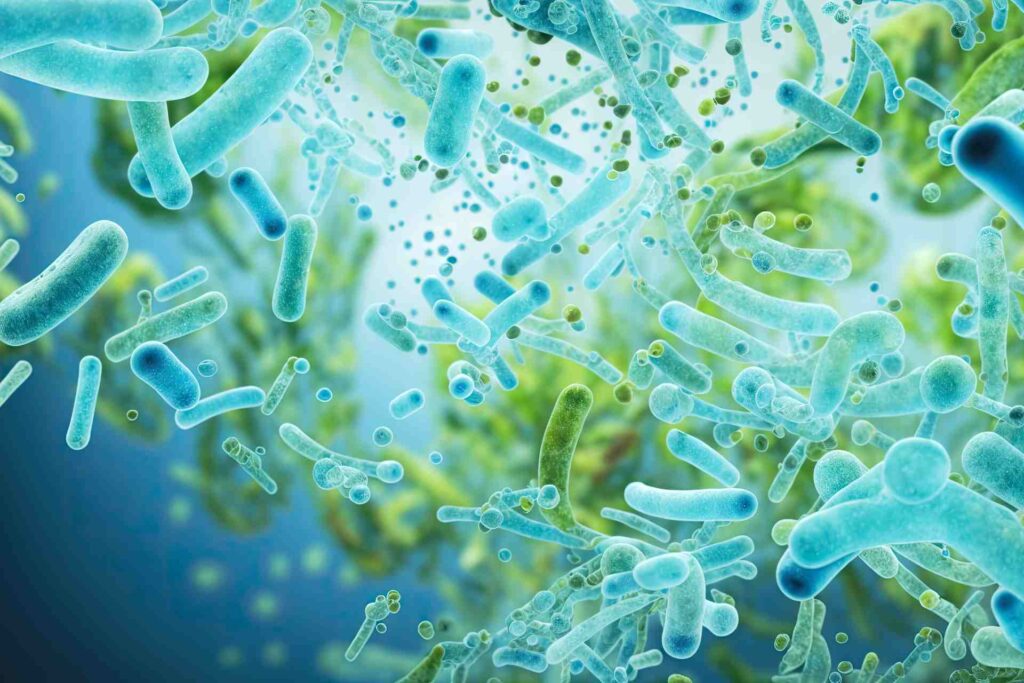Uncategorized
Asoka88 adalah situs judi online 24 jam yang menyediakan permainan mesin slot online paling gacor dengan nilai minimal deposit paling murah di Indonesia. Hanya dengan melakukan minimal deposit 5000 rupiah…
Healthcare professionals area
A term big enough to capture the profound transformation underway as microbial intelligence moves from…
 Explore next events
Explore next events
see all XV SINut National Congress
13th Probiotic, prebiotics and new food
Latest News
Carlo Sala, Sales Director EMEA & LATAM - Microbiome BU at Sacco System, discusses the company innovative probiotic strains, tailored…
Gastroenterology
Fungal metabolites such as FF-C1 may offer a new therapeutic approach for treating MAFLD and related conditions.
Dermatology
Certain barriers on the skin prevent easy colonization of new strains and specific life stages, such as adolescence, may be…
Events
World Microbiome Day: celebrating the invisible allies transforming health, business, and the planet
With the theme “Microbiome 101: What You Need to Know”, this year's WMD makes a bold and timely move: bringing…
Probiotic Database
Discover characteristics, functionalities and scientific support of commercial probiotics and strain.
Upcoming Events in the Microbiota Field

The 2025 SINut National Congress is a key event for healthcare professionals, focusing on the growing role of nutraceuticals in personalized prevention, active longevity, and the management of subclinical conditions. The program combines cutting-edge research with a person-centered approach, addressing…
Date
Title
Color
Post Date
Next events
XV SINut National Congress
13th Probiotic, prebiotics and new food
Webinars
Video, Gynecology
by


Exploring probiotics for menopause with Maider Gutierrez, Business Development Lead for Women’s Health & Healthy Aging, IFF Health: solutions to support women's health and manage symptoms effectively.
Video, Industry
MicrobiomePost carried out a research analysis in collaboration with Analytics Arts to find out more about the motivations and frequency of probiotic consumption and the level of consumer information.
An open discussion about the future of microbiological analysis through AI integration with Franco Pirovano (Micro srl) and Federico Pirovano (Dynius).
Nutrition, Video
Together with Professor Lorenzo Morelli we focused on the significant role of diet and the microbiome in terms of health benefits, food production, and agri-industry systems.
Business News
Industry
Asoka88 adalah situs judi online Asoka 88 terpercaya paling gacor indonesia dengan minimal deposit 5000 via pulsa telkomsel dan xl…
Carlo Sala, Sales Director EMEA & LATAM - Microbiome BU at Sacco System, discusses the company innovative probiotic strains, tailored…
Industry
Danone has announced the acquisition of The Akkermansia Company (TAC), significantly expanding its investment into gut health and next-generation biotic…
An interview to SynBalance Marketing Manager, Silva Castegnaro on the latest clinically backed solutions shaping the future of biotics world.
The Bold Column
Disruptive opinions and forward-thinking insights from key microbiome voices.
Straight from

In collaboration with

Video, Gynecology
Professor Jacques Ravel, from University of Maryland School of Medicine and LUCA Biologics, discusses his latest research and therapeutic innovations in the field of vaginal microbiome modulation.
Watch the interviews
Video, Gastroenterology
Scientific News
Gastroenterology, Scientific research
Even small differences between strains of gut bacteria—often within the same species—can sway how these microbes interact with the human…
Scientific research, Pediatrics
A microbiota-mediated macrophage-dependent mechanism may be used to reduce diabetes incidence in vivo.
Scientific research
Altered gut bacteria may contribute to fibromyalgia and modifying the gut microbiota could offer a promising approach to reduce symptoms…
Scientific research
A healthy, diverse gut microbiota is important for mounting strong and lasting immune responses to vaccination.

Join

Your go-to destination to spotlight your products and services while connecting with high-value leads in the microbiome sector.
Generate Quality Leads
Tailor a lead generation strategy that aligns with your unique goals.
Expand Your Reach
Position your brand in front of the right audience.
Showcase Your Expertise
Highlight into your company page what makes your business stand out in the microbiome field

















































